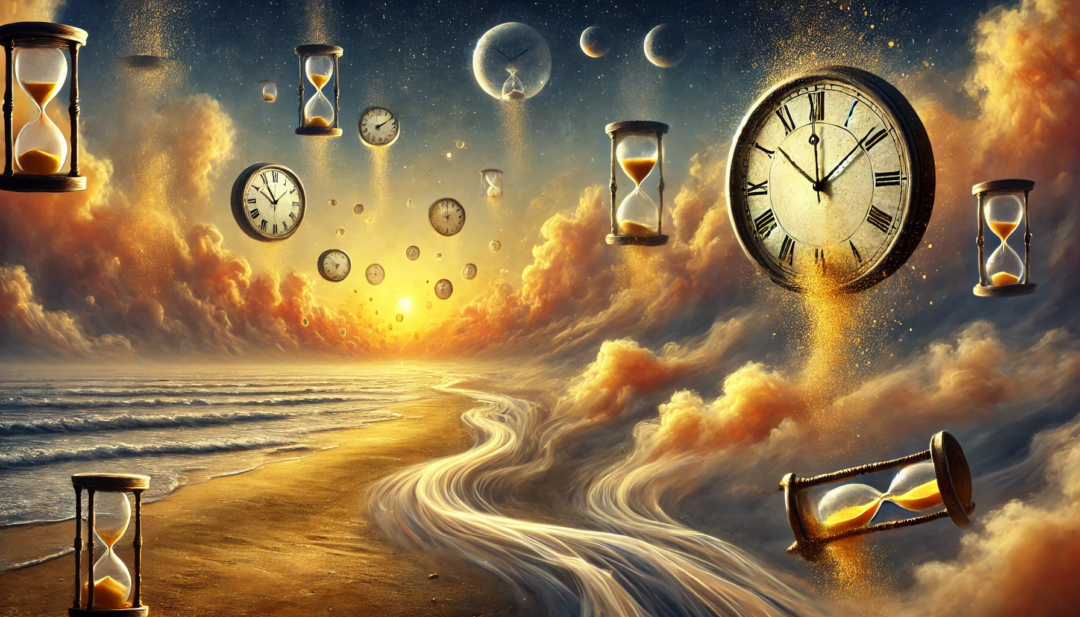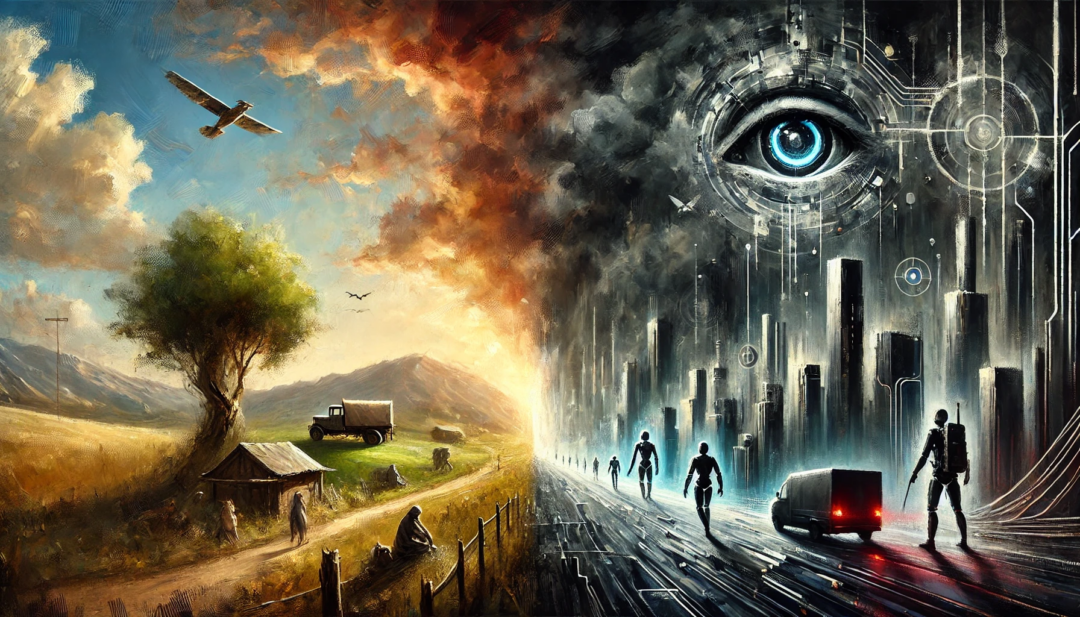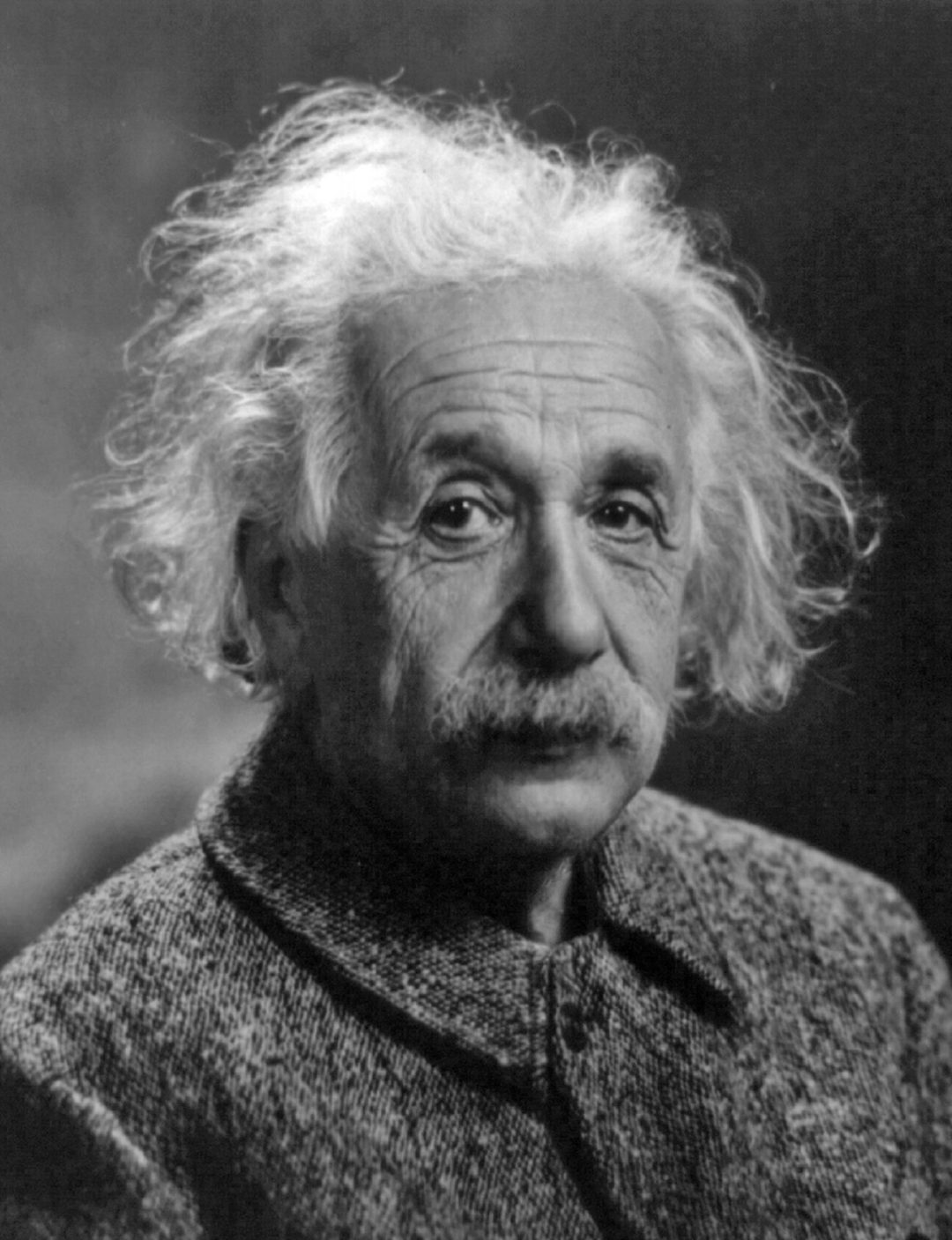There’s a kind of blindness that lives inside every human mind. Not the blindness of ignorance, or inexperience, or lack of effort. Something deeper. Something permanent.
It’s not caused by what we fail to learn/understand. It’s caused by what we think we’ve learned/understood.
A kind of self-blinding.
It’s the illusion that we see clearly, that we know what we’re talking about, that our memories are reliable, that our experiences are valid proof, that our knowledge maps onto the truth. But all of those things—experience, sensation, emotion, understanding, knowledge—are flawed, filtered, distorted, and incomplete. And we build our entire worldview on top of them.
Every single one of us is self-blinded (all be it to different degrees and in different ways). Not occasionally. Not accidentally. Always. Because there is no way not to be. Our minds are locked into a single perspective, with limited cognitive tools, and no access to the full scope of reality. We are walking around inside a bubble of thought, perception, and language, unable to see how much of everything lies outside it.
Even if we’re curious. Even if we’re open-minded. Even if we say “I might be wrong.” That doesn’t free us. Because we can never know what we don’t know, or how much of it there is, or how wrong we already are. There’s no way to measure the distance between our understanding and the truth. There’s no ruler for that gap. Most of the time, we don’t even see that a gap exists.
This is what makes self-blinding so profound—and so frustrating. Because the more someone learns, the more confident they often become. They’ve studied. They’ve trained. They’ve seen patterns. They’ve read the books. And slowly, subtly, certainty begins to grow. Not just in facts, but in frameworks. In worldviews. In how things must be.
But the more they know, the harder it becomes to question what they know. Their vision narrows, not widens. They stop looking for other mountains—partly because they don’t yet have the knowledge, or the capacity, to even see that those other mountains exist. And the mountain they believe they’ve climbed? It may not be the summit at all. It might stretch far higher than they realise. Or worse—they may have been going downhill for some time, mistaking descent for progress. But without the perspective to see the larger landscape, they remain convinced they’ve reached the top.
And it’s not just intellectual. It’s emotional, too. We place deep faith in our memories, our experiences, our feelings—without really grappling with how unreliable those things can be. We say “I saw it,” or “I lived it,” or “I remember it clearly,” as if that means it’s unquestionably real. As if memory isn’t malleable. As if experience isn’t selective. As if emotion doesn’t reshape perception in real time.
We believe we see clearly, because from inside our minds, everything feels internally consistent. Coherent. Convincing. That’s the trick. Self-blinding doesn’t feel like blindness. It feels like vision.
And this isn’t something we can fix. It can’t be trained out, studied away, or transcended by intellect. No amount of learning gives us the god’s-eye view. All it does is shift the walls of the maze. You can become more informed, more refined, more perceptive—but you’re still navigating with a limited map, inside a limited mind, in a reality too complex to hold.
So what can we do?
Maybe just this: learn to carry our certainty more lightly. To sit with the idea that, no matter how much we think we’ve grasped, we are still fundamentally wrong—or at least, profoundly incomplete. Maybe real wisdom isn’t clarity. Maybe it’s the ability to live in the fog, without pretending it’s sunlight.
Self-blinding is not a flaw in some people. It’s the condition of being human.
And once you see it, really see it, you realise: no one knows what they’re talking about. Not really. Not fully. Not ever.
We’re all just doing the best we can, with the tiny flicker of light we’ve been given.
Are you certain of something? Sure your view is the right/correct one? Have you got something entirely worked out? Are you truly an expert in a subject? Convinced that at least what you’ve learned so far is all infallible? If you answer yes to any of these questions: then you’re one of the people this blog post is primarily aimed at!
And lastly: am I absolutely sure of everything/anything I’ve written above? Surely you must be joking [Mr Freynman]!
Discover more from Brin Wilson...
Subscribe to get the latest posts sent to your email.



